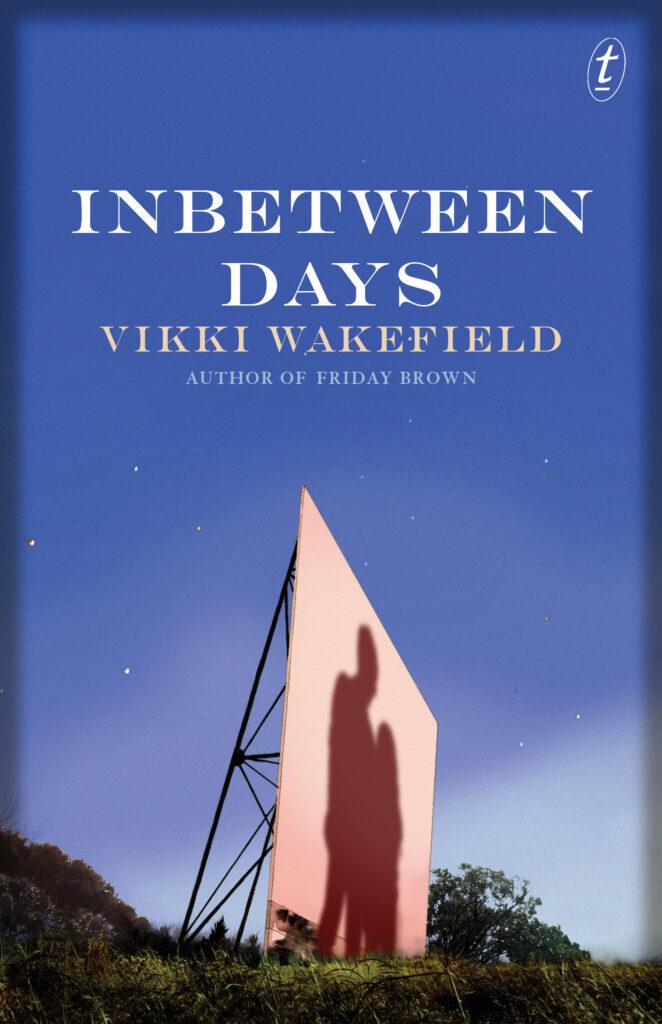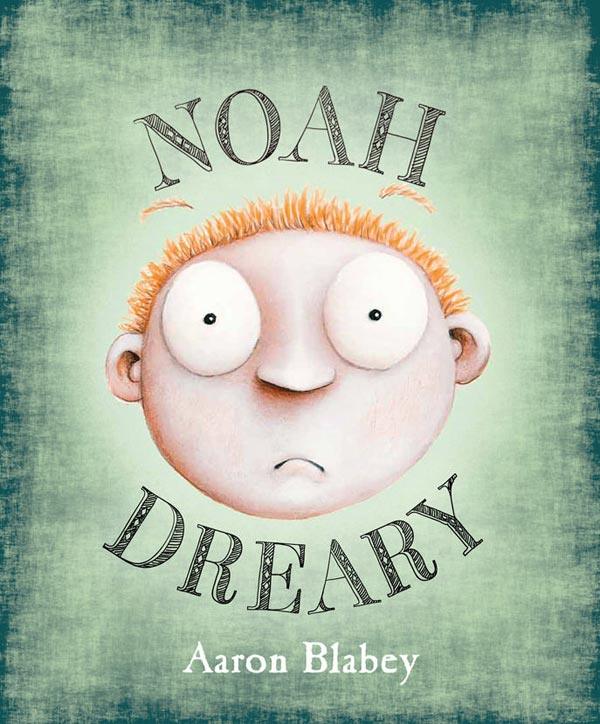Vikki Wakefield, Inbetween Days, Text Publishing, 23 September 2015, 352pp., $19.99 (pbk), ISBN: 9781922182364
Vikki Wakefield’s third novel is just as intense and engaging as her previous two. Seventeen-year-old Jacklin Bates lives with her sister Trudy on the outskirts of their small country town, Mobius. She’s dropped out of high school, thinks she’s in love with a boy who is clearly using her, and is caught in between teen age and adulthood.
Jack’s voice oscillates between bored, selfish teenager and vulnerable, directionless woman. The landscape, as with all Wakefield’s books, features strongly. The small community, isolated and seemingly surrounded by wilderness, exists almost in a bubble. The sub-plot involves a suicide 30 years ago, with more occurring sporadically since then. These deaths play on Jack’s mind. They worry at her like a toothache. But then, Jack worries about a lot of things.
At the beginning of the book, Jack thinks she’s got it altogether. A job, a boy, and her sister back. But we know it won’t take much to trigger change. It is how Jack deals with the changes (not very well) that charts her progression through the novel. At times, her selfishness, and her anger are frustrating, but she’s stuck in a loop. Her role models are her very stubborn mother and sister, and believe me, they taught her well. It’s a complicated journey with many lovely highlights (the drive-in, Bent Bowl Spoon, Mr Broadbent, and Pope), and it doesn’t take long to be completely immersed in Jack’s world.
Although the character of Jeremiah arrives early in the book, he and Jack take a while to spend any quality time together. But gosh, he is easy to like. His patience, his non-judgemental attitude, and his care of his mother are some of his best traits, but his love for Jack surpasses them all. His role in Jack’s fall and re-emergence seems subtle, but the two form strong bonds built on the foundation of their childhood friendship.
Jack’s interaction with the townsfolk is written really well. We see what Jack sees, and, as is often the case, she only sees what she wants to see. Her re-imagining of Mobius and its inhabitants by the end of the novel gives us more insight, into Jack’s maturity, and into the town itself.
This is for older teens, as Jack is sexually active, and Trudy and best friend Mads, drink often, and, because it offers an authentic teenage voice, there is swearing. But at the core of this book lies a truth about standing still when all directions forward seem pointless, unnecessary, or just plain scary. There are some startling revelations that contribute significantly to Jack’s growing self-awareness, but her strong connection to the landscape keep her grounded when she feels lost. Highly recommended.
Reviewed by Trisha Buckley





